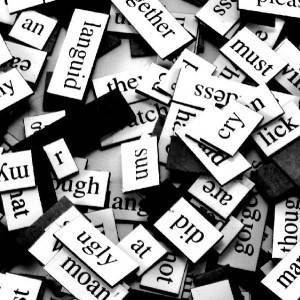
When Poetry Wakes Me Up
I came across a little poem by A.E. Stallings online through the Virginia Quarterly Review. You can find it here. I read it yesterday while riding public transit, and it took me completely out of my surroundings. Then I fell hard for poetry all over again. Poetry and I– we have this thing between us.
My return to poetry happens about every six months. Stallings is bold because she works with traditional form– what many poets run away from. I love her work because I can’t forget it– there’s something about Stallings’ wild comfort with nature that I just want to celebrate with her.
And so her work has continued my inconsistent poetry habit.
The first time this happened to me was when I came across Nikky Finney’s poetry in The World is Round when I was in undergraduate. This was before the political focus of Finney’s Head Off and Split, and back when I needed some kind of guide as to how to handle poetry. I wanted to understand how family fits into a not-so perfect world, and this is what Finney focused on at many points in this book.
She fulfilled my poetry needs, yet it is dangerous to demand poetry to fulfill me. Poetry is supposed to be the true art of writing– the base form that boils down emotions and the world itself into lines. I’m not sure how I feel about the drama of this claim, but surely I can’t demand that the true art of writing entertain me, connect with me and explain the world. That’s a lot. That’s too much.
After questioning poetry’s purpose like a regular philosopher in my early twenties, I went through a brief period of turning poetry down. I love novels. I read novels endlessly. I love short stories, and at this time, I loved them when they introduced me to authors who also had novels. This was in the time period when I decided that I wanted to write fiction more than anything– I wanted to write a book, and so I had to read fiction.
It’s funny how time shows the narrow compartments in which we’ve placed our interests. I can look back and see exactly when I turned poetry away. I can see that moment when I read Nikki Finney, Nikky Giovanni, AE Stallings, even Plath, and felt the world of reading crack open again. In my mind, I have even recorded a moment years later when I realized that the more poetry I read, the stronger my fiction writing was: the poetic line is the production of absolute control.
I read poetry now for a sense of comfort when all other forms of language in my life have lost that sense of form and control. I can’t ask anything of poetry exactly, except for brief visit every once in while so that we can catch up. Poetry is an old friend swinging in and out of my life, and I love the burst of her presence, the sudden appearance of her voice from nothing. Poetry changes everything.
















